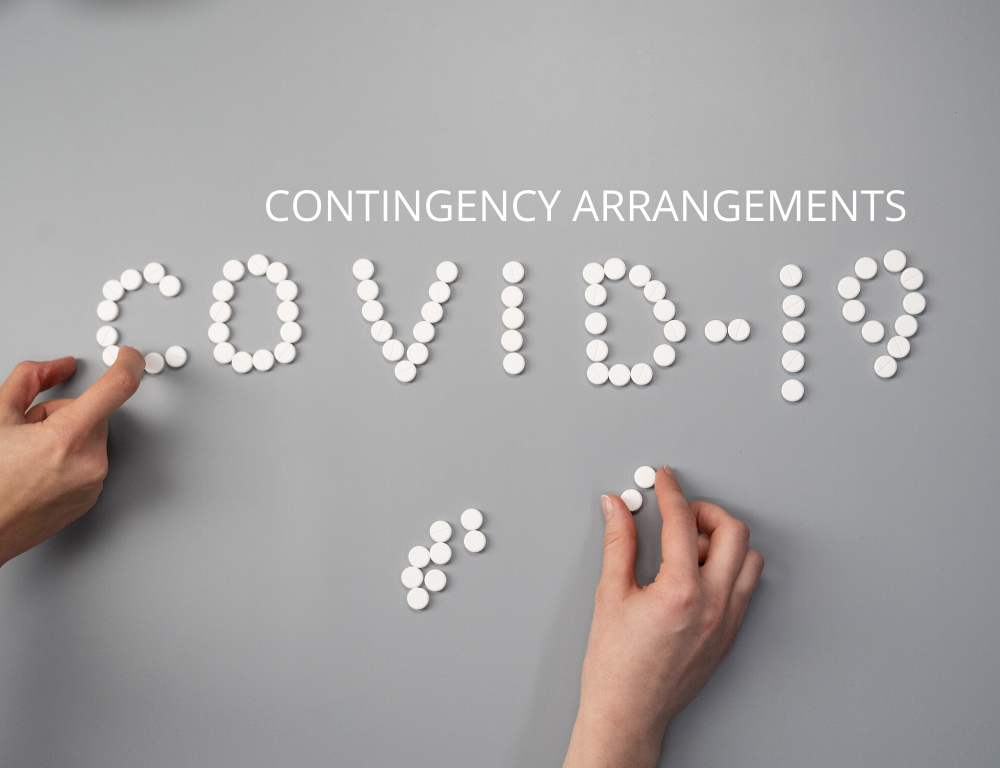
ABOUT THE SCHEME
The Coronavirus Business Interruption Loan Scheme (CBILS) provides financial support to smaller businesses (SMEs) across the UK that are losing revenue, and seeing their cashflow disrupted, as a result of the COVID-19 outbreak.
The scheme is a part of a wider package of government support for UK businesses and employees. Read more at the Government’s Business Support website.
CBILS has been significantly expanded along with changes to the scheme’s features and eligibility criteria. The changes mean even more smaller businesses across the UK impacted by the coronavirus crisis can access the funding they need.
Importantly, access to the scheme has been opened up to those smaller businesses who would have previously met the requirements for a commercial facility but would not have been eligible for CBILS. Insufficient security is no longer a condition to access the scheme.
This significantly increases the number of businesses eligible for the scheme. The expanded scheme will be operational with lenders from Monday 6 April 2020.
HOW IT WORKS
British Business Bank operates CBILS via its accredited lenders. There are over 40 of these lenders currently working to provide finance. They include:
- high-street banks
- challenger banks
- asset-based lenders
- smaller specialist local lenders
A lender can provide up to £5 million in the form of:
- term loans
- overdrafts
- invoice finance
- asset finance
CBILS gives the lender a government-backed guarantee for the loan repayments to encourage more lending.
The borrower remains fully liable for the debt.
Under the scheme, personal guarantees of any form will not be taken for facilities below £250,000.
For facilities above £250,000, personal guarantees may still be required, at a lender’s discretion, but:
- recoveries under these are capped at a maximum of 20% of the outstanding balance of the CBILS facility after the proceeds of business assets have been applied;
- a Principal Private Residence (PPR) cannot be taken as security to support a personal guarantee or as security for a CBILS-backed facility
What do the new rules around Personal Guarantees mean?
From 6 April 2020 -
For CBILS facilities below £250,000 Personal Guarantees cannot be taken by Lenders in relation to the facility under the Scheme.
For CBILS facilities above £250,000, Personal guarantees may still be required, at a lender’s discretion, but they exclude the Principal Private Residence (PPR) and recoveries under these are capped at a maximum of 20% of the outstanding balance of the CBILS facility after the proceeds of business assets have been applied.
A worked example to show what this change will mean in practice:
- £1,000,000 facility
- Business pays off £400k, then defaults, owing £600k
- Lender recovers £100k from other business assets secured, such as a debenture (e.g. stock), leaving £500k outstanding
- Call on Personal Guarantee is £100k (20% – not the full £500k as previously), leaving £400k as a loss
- Government covers £320k (guarantee of 80%), Lender loses £80k
Before 6 April 2020 -
For any CBILS facilities offered prior to the change in terms, Lenders are expected to apply the new requirements around the taking of personal guarantees.
Therefore, in instances where a Personal Guarantee has been taken for a CBILS facility below £250,000, the Lender cannot make any demand on it or apply any proceeds from it in connection with the CBIL Scheme facility.
- R3 Standard Form COVID 19 CVA Proposal
- Bounce Back Loans: FAQs for the Insolvency Profession
- Creditor Guides
- AML
- Dealing with corporate financial distress
- Dealing with money worries – a guide to your options
- Digital
- Directors
- Employees
- Ethics
- Fees
- GDPR
- Helpsheets
- HMRC
- Insolvency Service
- Pensions
- Special Administration
- Standard Conditions - IVA
- Standard IVA Protocol
- Further guidance
R3 members can provide advice on a range of business and personal finance issues. To find an R3 member who can help you, click below.


